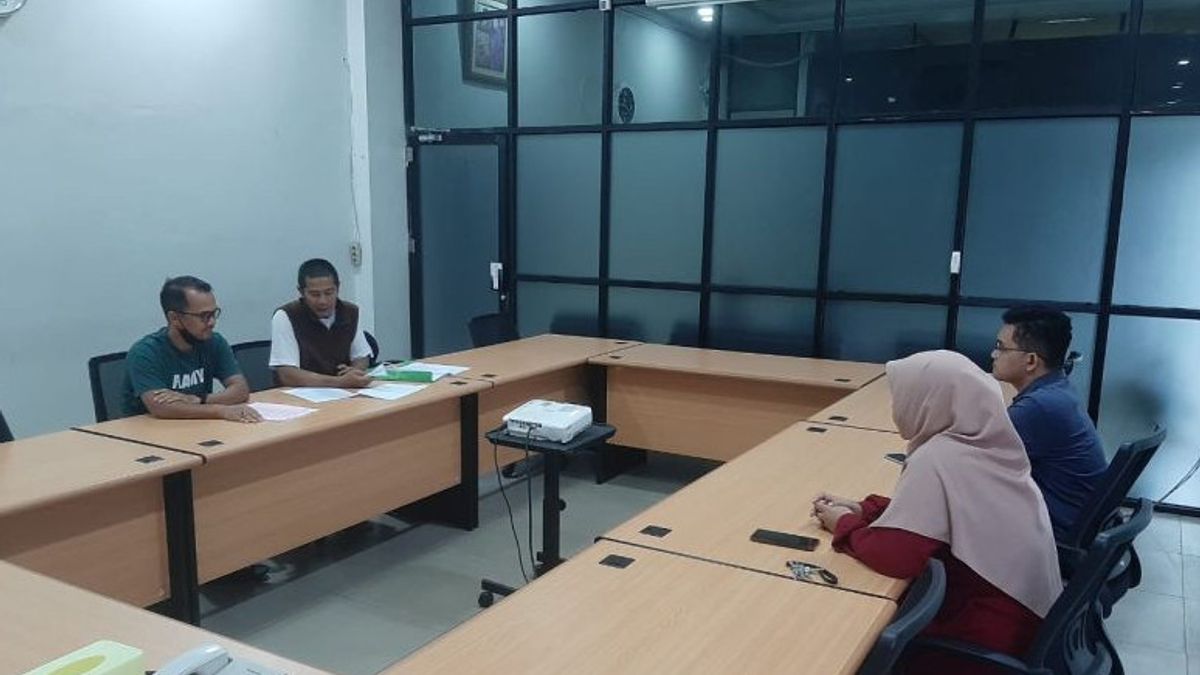PADANG - The Padang District Attorney (Kejari), West Sumatra (West Sumatra) has become an extension of the Indonesian Attorney General's Office to follow up on the alleged corruption case in the export of cooking oil which is being handled by the Attorney General's Office for the City of Padang.
"Today we examined two witnesses for questioning regarding the delivery order (DO) of cooking oil," said The Padang Attorney General's Special Crimes Section Head Therry Gutama, in Padang, as reported by Antara, Monday, April 25.
He said the two witnesses came from two different companies that are distributors of cooking oil in Padang that received orders from producers, while the AGO is currently filing a case.
In addition to asking for information, the Padang Attorney General's Office also confiscated a number of documents related to DO, invoices, tax invoices, transportation documents, and others.
"The witnesses have made their Minutes of Investigation (BAP), then the BAP along with the documents we confiscated will be submitted to the Indonesian Attorney General's Office," he also said.
Previously, the investigation conducted by the Padang Kejari related to the alleged corruption case in the export of cooking oil handled by the AGO in Jakarta. In this case, the AGO named four people as suspects, namely the Director General of Foreign Trade of the Ministry of Trade Indrasari Wisnu Wardhana, Master Parulian Tumanggor, Commissioner of PT. Wilmar Nabati Indonesia.
Then, Stanley MA, Senior Manager Corporate Affairs of PT Pelita Agung Agrindustri/Permata Hijau Group, and Picare Tagore Sitanggang as General Manager of PT Musim Mas General Affairs Section.
The Prosecutor's Office accused the suspects of violating the agreement between the applicant and the licensee in the issuance of export permits.
Second, the AGO also considers that the export permit should be rejected, because it does not meet the requirements, namely that it has defined the price not according to the domestic sales price.
Then, exporters are considered not to distribute cooking oil domestically as required in the Domestic Market Obligation (DMO), which is 20 percent of total exports.
The English, Chinese, Japanese, Arabic, and French versions are automatically generated by the AI. So there may still be inaccuracies in translating, please always see Indonesian as our main language. (system supported by DigitalSiber.id)









